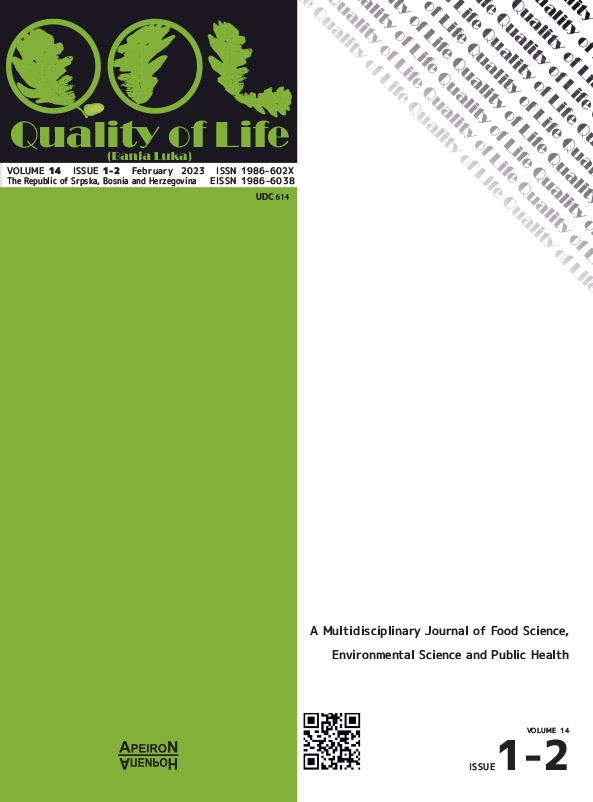A Holistic Review of Home-Grown School Feeding Programme for Primary School Pupils’ in Africa
DOI:
https://doi.org/10.7251/QOL2301065OAbstract
School feeding programme is an important aspect of child’s cognitive development. Home-grown school feeding is an intervention programme designed for school aged children in order to eradicate hunger, increase enrolment, improve pupils’ nutritional value and pupils’ cognitive development whereas these objectives have not be achieved. Therefore, aim of the study is to holistically review the challenges faced in the implementation of home-grown school feeding programme among primary school pupils in Africa (Nigeria, Ghana, Kenya & Mali) and ways of solving these challenges. The paper also reviewed the concept of home-grown school feeding and its challenges. A qualitative research design of systematic search strategy type was used to gathered information in different databases and journals. In the course of the study, the researchers discovered that the programme is faced with the issues of corruption due non- remittance of regular fund to the school vendors and underfunding of the programmes. Other penitent issues include: low and inadequate storage facilities, political interferences, inadequate nutritional meals and low level of implementation. The researchers recommended that caterers should be trained by dieticians on the type of food to prepare for pupils’ and also government should set up a monitoring team to supervise the home-grown school feeding programme for proper implementation in Nigeria, Ghana, Kenya, Mali and other Sub-Sahara Africa Countries.
